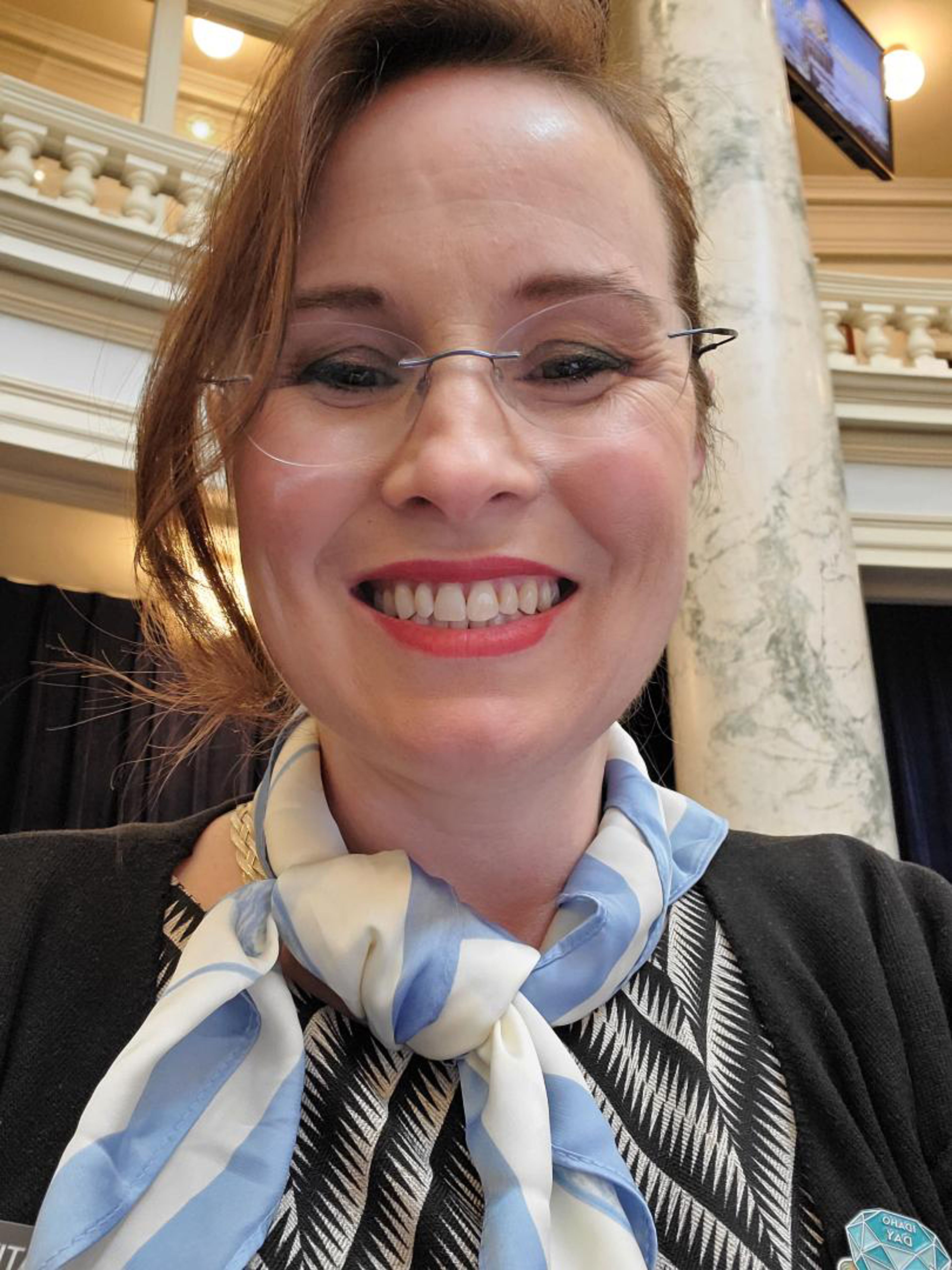OPINION: Idaho’s attorney general just oozes bad faith
Editorial: The Tribune’s Opinion
Idaho Attorney General Raul Labrador has gone to court to take away your right to vote on the Open Primary Initiative.
He doesn’t trust you to decide whether to eliminate the rigged closed GOP primary election, which imposes minority rule on the rest of us and disenfranchises more than 265,000 independent voters.
He doesn’t want to replace it with an open primary that advances candidates in any given race who win the top four number of votes into the general election.
Labrador wants to block plans for a ranked-choice election in the fall.
Why?
Because Labrador operates on the fringes of the political spectrum. If he had to wage a campaign under a more honest, inclusive election, he’d soon be back practicing law in Eagle.
He said as much a year ago when the Open Primary Initiative first emerged: “Let’s defeat these bad ideas coming from liberal outside groups.”
Still, the level of mendacity on display here is one for the books.
In how many ways is Labrador’s bad faith on display?
Start with his argument that combining an open, top-four primary and a ranked-choice general election violates Idaho’s “single-subject” rule. Part of the state constitution, the idea is that no bill should be loaded up with so many moving parts that it forces lawmakers to accept measures they don’t support in order to secure something they like.
Of course, Labrador’s reading of that rule is self-serving.
He ignores a string of Idaho Supreme Court precedents from the first half of the 20th century. In short, they give lawmakers — whether it’s legislators passing bills or the citizens enacting their own laws at the ballot box — great deference as long as the various features within a measure have a “natural connection.”
Isn’t there a “natural connection” between a primary and general election?
Labrador shows dexterity — some would call it hypocrisy — when it comes to advocating that rule.
For instance, where was he when last year’s Legislature included within a property tax relief bill a measure eliminating the ability of schools to hold supplemental levy and bond issue elections in March? Where’s the “natural connection” there?
And if you like that kind of logrolling, you’ll love what House Speaker Mike Moyle, R-Star, delivered this year. Imbedded within a $1.5 billion school construction package was:
Elimination of school elections in August.
A $59 million income tax cut.
Imposition of a minimum school day calendar.
Making the State Board of Education’s executive director a gubernatorial appointee.
The phrase “single-subject” rule didn’t emerge from Labrador because, contrary to state law and the practice of his predecessors, he doesn’t provide official opinions about the constitutionality of pending legislation. In testimony before the Senate Resources and Environment Committee on Feb. 21, Labrador said he wouldn’t issue such statements because they would be used against him in court.
So lawmakers have stopped asking for these opinions.
Nor did the “single-subject” rule bother Labrador much when he initially defended this year’s $592.7 million transportation package. Included within that measure was the legislative budget committee’s decision to stop the pending sale of the old Idaho Transportation Department headquarters building.
If mixing policy with a must-pass budget bill doesn’t violate the “single-subject” rule, what does?
Next comes Labrador’s rebuke from the Idaho Supreme Court. When it came his turn to write the language that would describe the OPI on the ballot, Labrador resorted to a title so biased it read like an attack ad for the other side. Not only did the Supreme Court rule that Labrador “acted without a reasonable basis in law,” and that he resorted to using “a blatant misstatement concerning what the initiative would require,” but it turned around and ordered the attorney general to pay $80,000 to cover what the initiative’s supporters spent on attorneys fees.
But if you really want to understand how deeply Labrador is wading into the muck of bad faith, consider this: Courts don’t rule on proposed legislation, whether it’s a bill that has yet to be passed in the Legislature or an initiative awaiting the electorate’s verdict. Only after a measure is on the books are the courts asked to decide whether it is constitutionally flawed.
Give Labrador the benefit of the doubt for knowing at least that much about the law.
But that’s not the point. All he’s doing is exploiting the court system to make a political pitch.
Don’t fall for it. Labrador could care less about what’s good for you. All that matters is what’s good for him — M.T.








